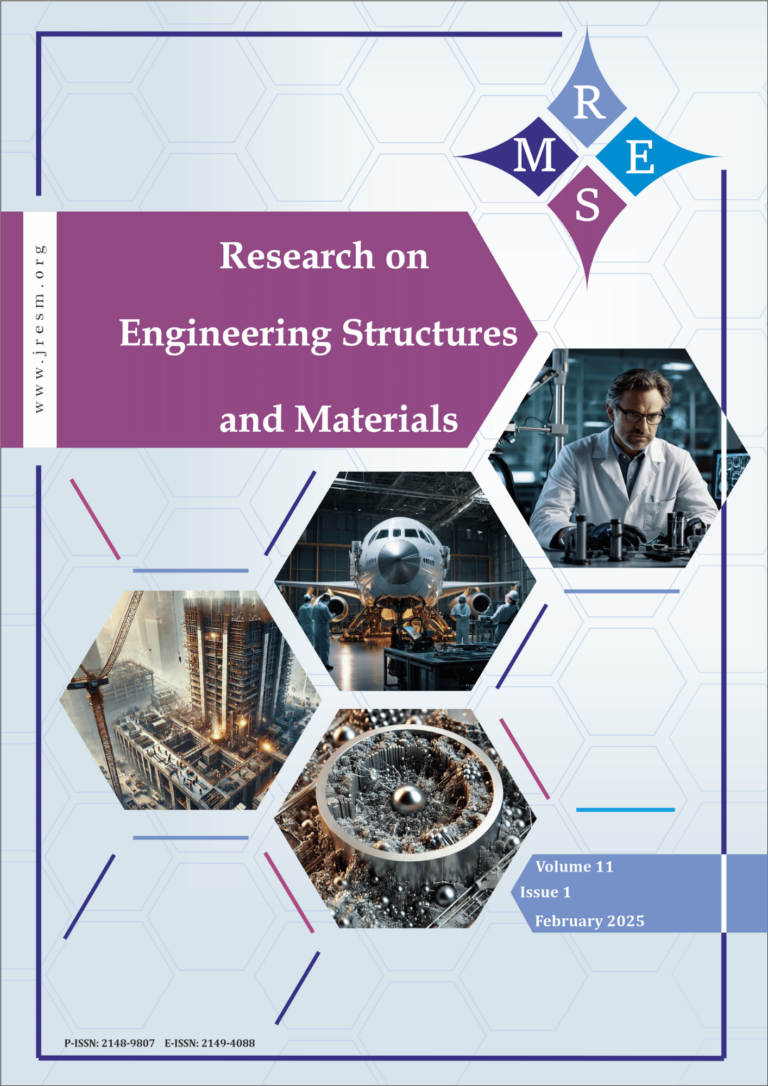Poly (vinyl chloride) (PVC) is difficult to process because of its low thermal stability. Therefore, stabilizers are used. Epoxidized vegetable oils are environmentally friendly stabilizers, but they degrade at high temperatures, causing the polymer to become brittle and discolored. Also, unreacted double bonds in it can reduce the compatibility between plasticizer and PVC, causing greater migration of plasticizer from PVC. This study focuses on the evaluation of the effect of phosphite and urea derivative stabilizers against epoxy stabilizers on the thermal degradation of PVC and plasticizer diffusion from PVC. Plastisols were prepared by mixing plasticizers (di-octyl terephthalate and di-2-ethyl-hexyl phthalate), primary, and secondary stabilizers (epoxidized soybean oil (EPSO), epoxidized linseed oil(ELO), tri-phenyl phosphite(TPP) and diphenyl urea(DPU)) into PVC. Plastigels were cured and thermally aged. Thermal degradation in terms of color changes, oxidation index, and polyene concentration was investigated by using colorimetry, Fourier Transform Infrared Spectroscopy (FTIR) and Ultraviole (UV)-visible spectroscopy, respectively. As a result, phosphite and urea derivative stabilizers provided better long-term stability than the EPSO. However, EPSO was more affected by the plasticizer migration than the others. An effort has been made in this study to shed light on the improvement of the thermal stability of PVC by means of non-toxic secondary stabilizers.
